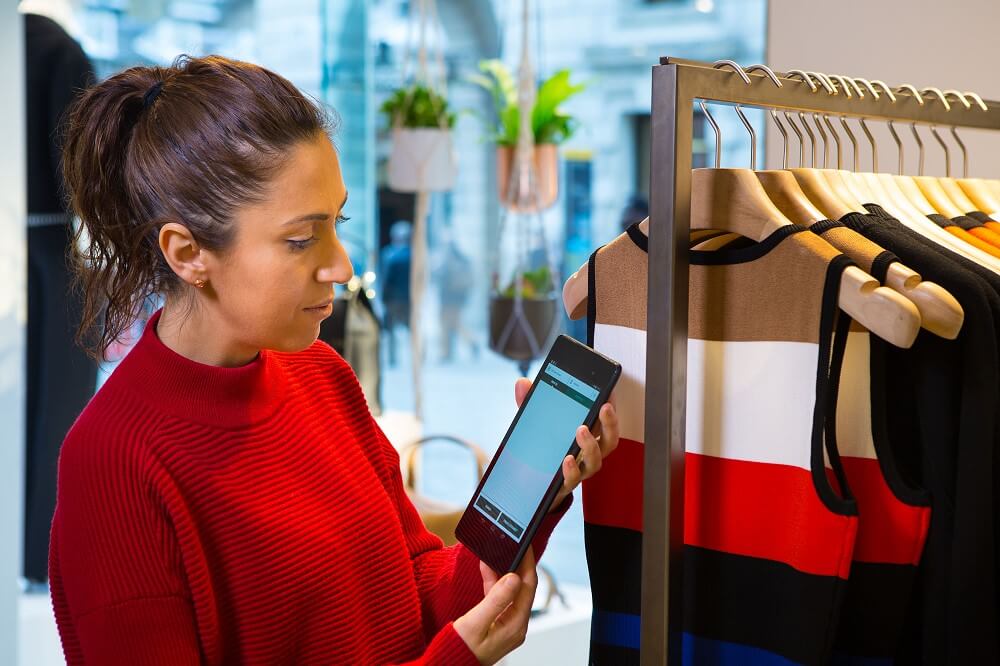Written by Retail Assist
SubscribeAcross all industries, the issue of automation is hotly discussed, debated and analysed. The retail sector, no stranger to innovation, is one of many that are adapting to the notion that automation could indeed be inevitable.
Shoppers have eagerly embraced the inclusion of tablets in stores, and have been quick to recognise the advantages of digital technology within their shopping journey.
Different retailers use tablets in different ways, but a common factor is their assistance in digitising the offline shopping experience, allowing customers to gain product and stock information more easily.
Alongside this, retailers are finding that bringing tablets into use supports their employees. Checking stock levels, undertaking returns and making orders can all be completed by staff on the shop floor, who can take themselves to the customer, providing more opportunities to sell. Employees are able to undertake a variety of tasks from emails to creating visual merchandising looks, meaning that productivity levels can also be enhanced by using an IT retail system on the tablet.
The impact of automation provides huge potential for increasing the quality of customer experience. Introducing tablets to retail store environments brings digital benefits to the customer.
A common trait amongst Generation Z, impatient information-seeking consumers can also avoid the feeling of ‘wasted time’ that waiting for a store associate can bring. Automating the ordering process in-store fulfils their demand for a fast-paced response.
Allowing consumers to be able to conduct their own transactions via automated approaches to checkouts is also seen as largely positive, giving them the feeling that they are in control and lowering queuing time. This is appealing to many shoppers, especially digital native Gen Z, who have grown up with automated approaches to various aspects of their lives.
Supply chain software, whilst unseen by shoppers, is also impacted significantly by automation.
Supply chain software which uses an auto replenishment system for inventory optimisation, using AI and intelligent algorithms to replenish stock, is becoming increasingly popular amongst successful, forward-thinking retailers.
Ensuring that shelves are full with the right product, and items are not ‘out of stock’ is incredibly important to fulfilling omnichannel customer demand.
With automation will come a variety of changes, not least of which are around the way in which employees work.

A versatile approach to IT retail systems could mean that store associates are more engaged with omnichannel, as automation brings the need for them to perform and have knowledge of a wider variety of practices such as ship-from store and online ordering.
It goes without saying that automated approaches to IT retail systems must be monitored, to ensure the technology functions as it should.
Perhaps the most interesting potential development will centre around how bricks-and-mortar retailing must adapt as a result of automation, as new ways of engaging customers are experimented with.
Written by Retail Assist
Share this post
SubscribeWe think you might like these posts too
© 2025 Retail Assist Limited. The Hub Floor 5A, 40 Friar Lane, Nottingham, NG1 6DQ.
Registered in England. Company number: 03790674
info@retail-assist.com | +44 (0)115 904 2777
Website Designed & Built by we are CODA